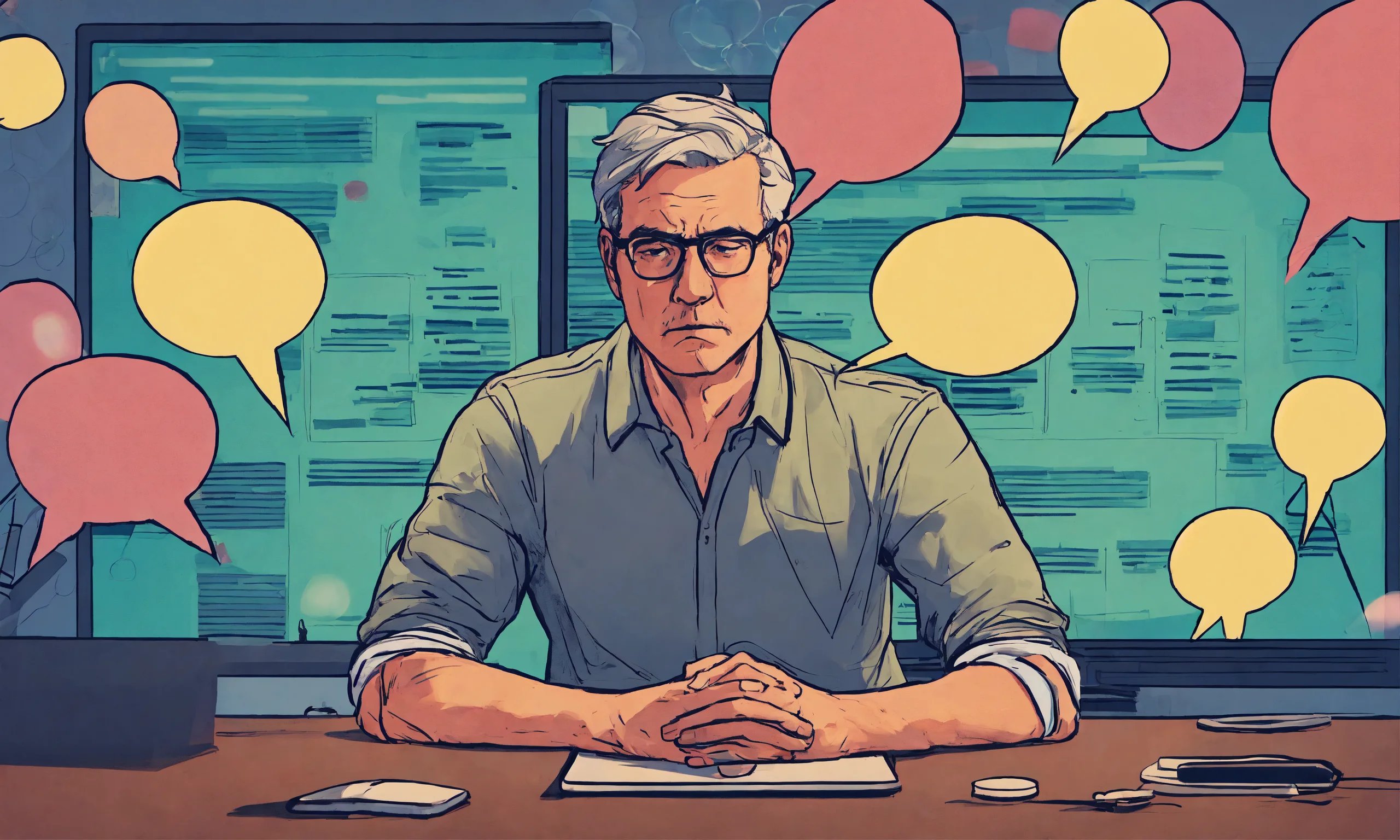We have all experienced this in one way or another—when we truly believe our idea or suggestion is correct and maybe even the best, but the decision was made against it. How to deal with it? Should you fight for it, or should you submit? Today, we navigate the nuanced terrain of choices in Agile, dissecting scenarios where personal viewpoints clash with authority, team dynamics, and the challenge of defending or submitting to choices.
In recent years, the recognition of the need for proficient product coaches has surged, driven by an increasing number of companies embracing the practices of successful industry leaders. As the demand for product coaching grows, so does the challenge of distinguishing true expertise from the plethora of self-proclaimed “agile coaches” and “career coaches” with little to no product experience.
In the dynamic realm of agile project management, staying on course amidst changing requirements and stakeholder pressures can be a challenging balancing act. One of the most formidable challenges is managing stakeholders, particularly when they attempt to inflate product scope, introduce constant changes, or propose a complete pivot.
In the dynamic realm of agile Product Management, navigating through stakeholder pressures and changing requirements becomes a complex task. We will discuss some cases where businesses seek scope modifications in the middle of an ongoing iteration and explore proactive measures to prevent these scenarios.
The dynamic landscape of project management is witnessing a shift where organizations are increasingly adopting Agile methodologies not merely as a choice but as a necessity for their competitive survival. While some criticize Wagile as the pinnacle of dysfunctional development methodologies, this article seeks to explore the nuanced reality, considering when Wagile may be a solution, its pros and cons, how to implement it effectively, and what to expect from this hybrid methodology.
Sign Up To Get Notified About New Articles
I Promise, I won't spam you
- The newsletter will be sent no more than once a week.
- I will never share or sell your email to any third party.
- You can unsubscribe at any time.






